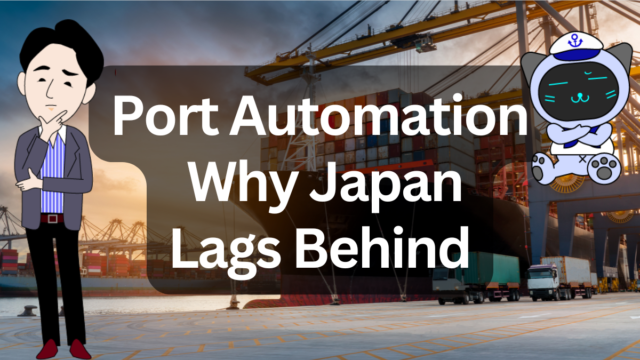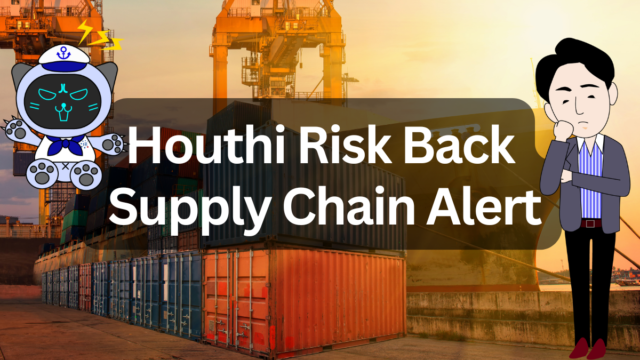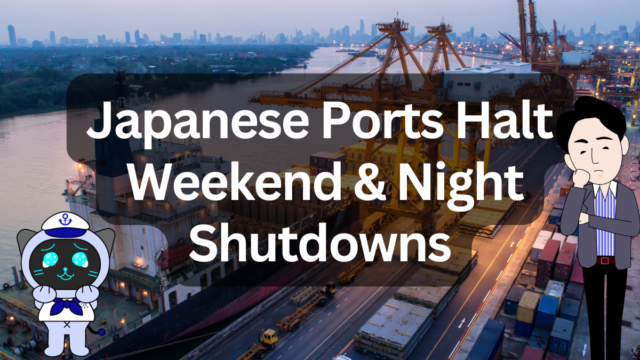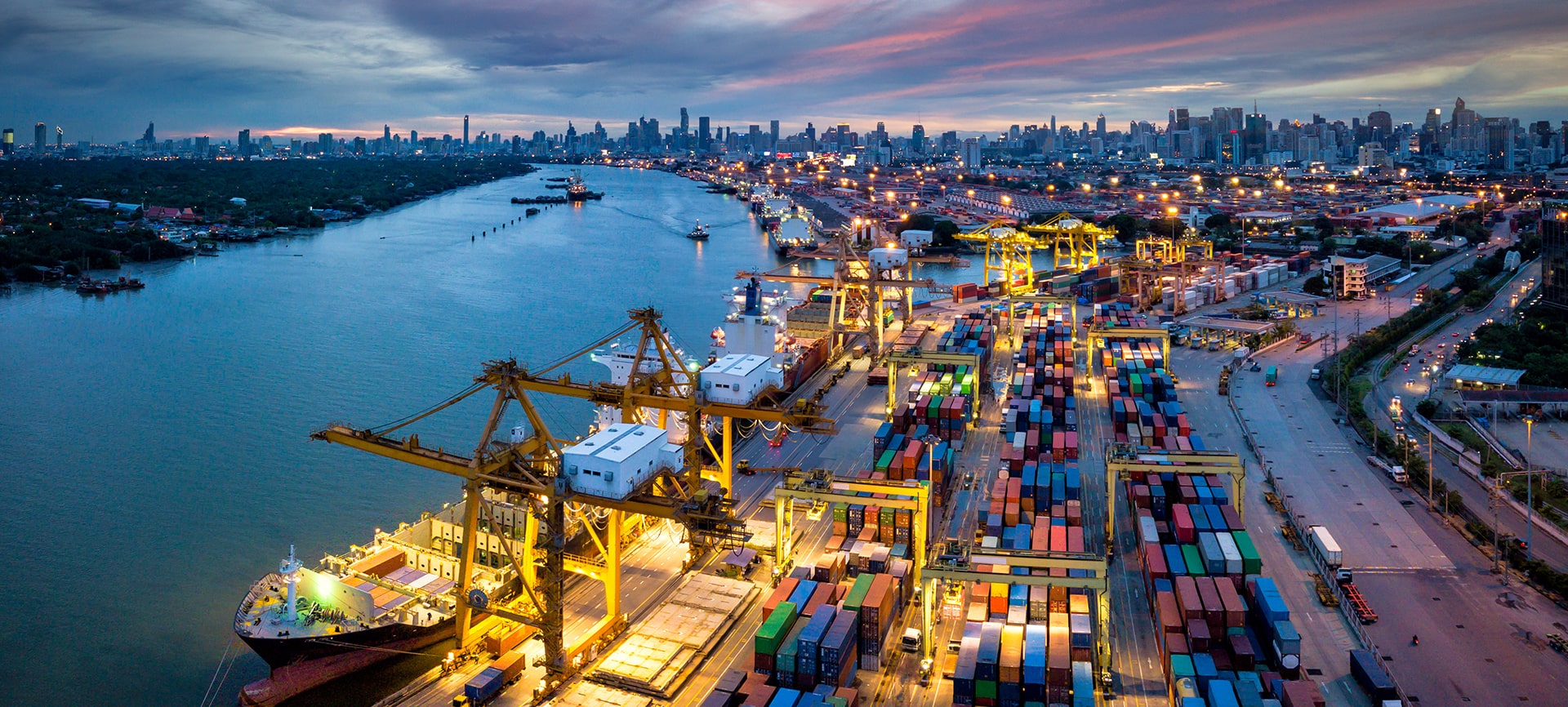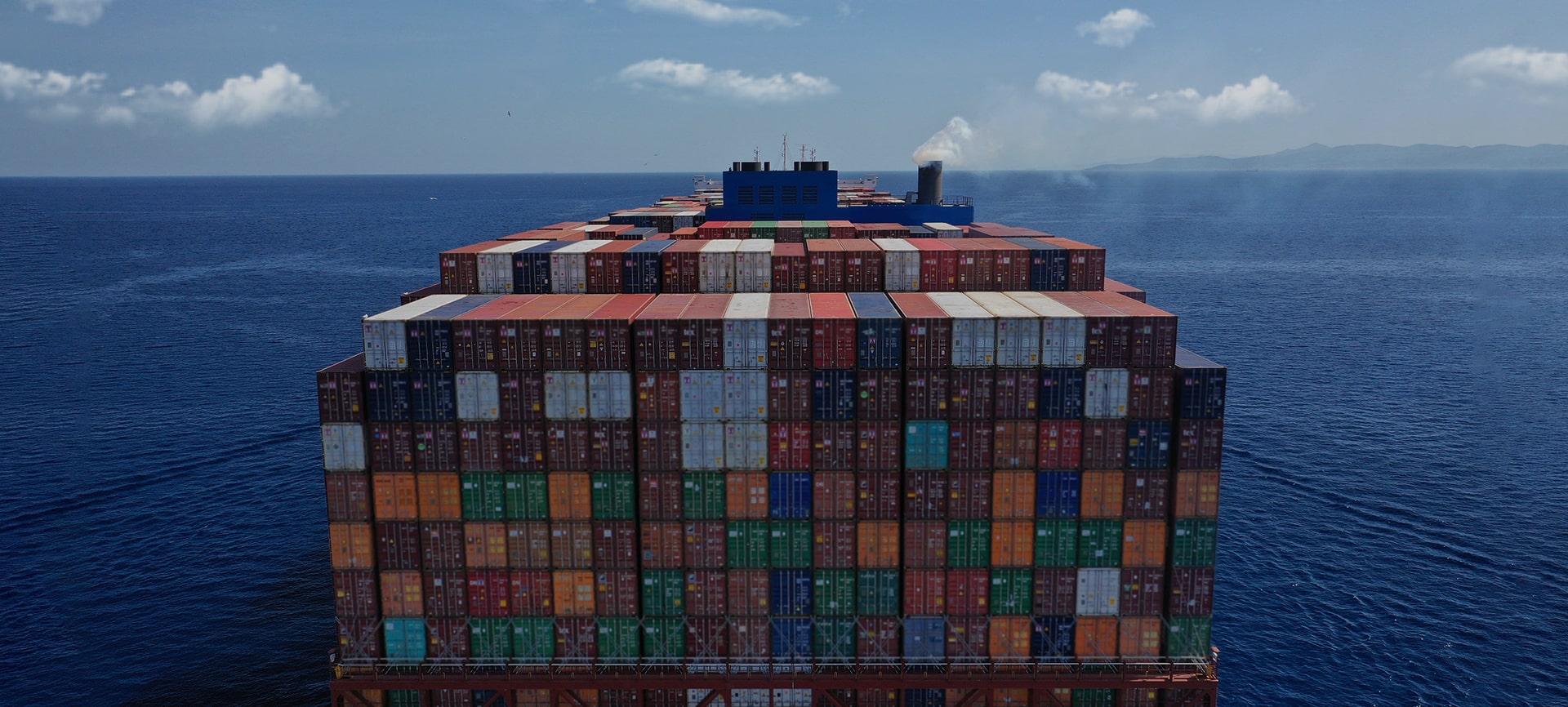Posted on: August 27, 2025 / Last updated: August 27, 2025
Container Shipping Beyond 2026: Turbulent Waters Ahead
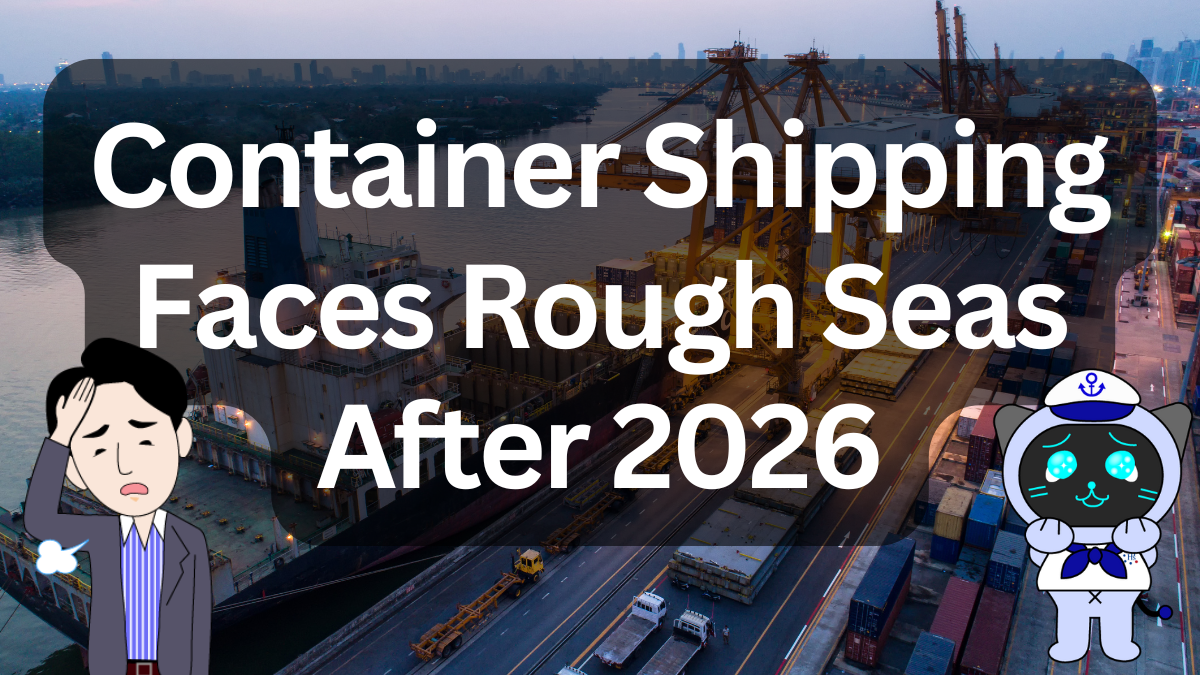
CONTENTS
The Theme: What Happens After 2026?
J.P. Morgan’s latest report forecasts a massive supply glut in container shipping over the next few years.
Let’s dive into what that means for the industry and shippers.
Oversupply is Coming
Due to a surge in new ship orders during the post-COVID boom, container capacity is expected to increase by up to 30% by 2026.
External factors like Red Sea disruptions or port congestion that masked oversupply are now fading, making the excess capacity clearly visible.
Shippers: Lower Rates, But New Headaches
Lower freight rates are good news, especially for U.S. importers burdened by Trump-era tariffs.
However, carriers will respond with blank sailings and slow steaming, which cause delivery delays and inventory issues.
It’s becoming a “cheaper but more inconvenient” era.
Carrier Strategies: Profit Over Reliability
Most carriers now prioritize profitability over reliability.
Only Maersk and Hapag-Lloyd’s Gemini Cooperation still promote high schedule reliability (90%+), while others favor network restructuring, scrapping old vessels, or even benefiting from port congestion.
Economic Growth is Slowing
While early 2025 saw a 4.5% rise in volumes due to early shipments, growth is now cooling.
In 2026, demand is expected to grow just 2%, while supply will grow 9%, further widening the gap and pushing rates down.
Final Takeaway
Shippers should not rely on low prices alone. Rate volatility, delivery delays, and blank sailings must be factored into logistics strategy.
Forwarders need to guide clients with practical, risk-adjusted planning.


